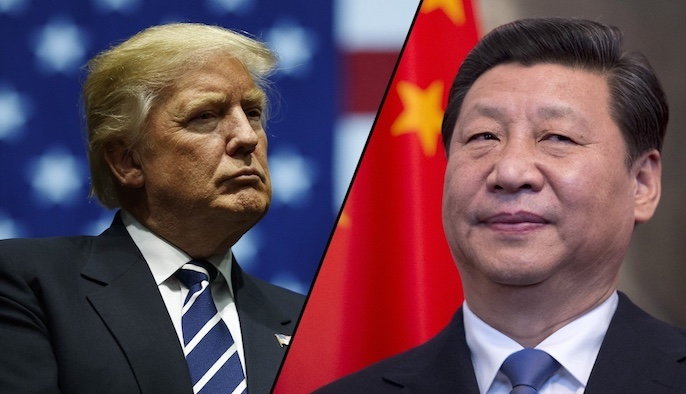
Trump to Participate in Unexpected US-Japan Trade Discussions, Extending Agenda to Include Military Expenses in addition to Tariffs
Trump has stated that he will personally participate in US-Japan trade negotiations, bringing up currency and military cost-sharing.
In a surprising step that indicates his direct involvement in trade negotiations impacted by his administration’s expansive tariff measures, US President Donald Trump declared he will personally attend a crucial meeting between Japanese and US trade officials on Wednesday.
Trump’s recent tariff blitz, which put high tariffs on imports from dozens of countries, prompted the negotiations, which were originally anticipated to be managed by Treasury Secretary Scott Bessent. In an attempt to keep the topic focused on trade and investment issues, Japan dispatched Ryosei Akazawa, Minister of Economic Revitalization, to Washington.
Trump, however, added more controversial topics to the table when he announced on Truth Social early on Wednesday that he will participate in the discussions.
He stated, “Japan is coming in today to negotiate ‘TRADE FAIRNESS,’ the cost of military support, and tariffs.”
Together with the Secretaries of Treasury and Commerce, I will be present at the meeting. Hopefully, a solution can be found that benefits both Japan and the United States.
Tokyo’s financial commitments to US military deployments in Japan, which is home to America’s largest overseas force presence, are now included in the discussions’ scope.
Another long-standing complaint of Trump’s government is currency manipulation, which Treasury Secretary Bessent is anticipated to bring up. Tokyo vehemently disputes the US’s allegation that Japan and other countries purposefully devalue their currencies in order to obtain unfair trade advantages.
Although they have been temporarily halted for ninety days, 24% tariffs have been applied to Japan’s exports to the United States. A 25% vehicle charge and a 10% blanket tariff are still in place, which is a serious setback to Japan’s export-reliant economy.
With around 75 countries seeking comparable talks, Bessent has characterized Japan as having a “first mover advantage” in getting talks. However, Tokyo will not be pressured into a settlement or make major concessions, according to Prime Minister Shigeru Ishiba.
Kurt Tong, managing partner at The Asia Group and a former US State Department official, stated, “The challenge for the Japanese team is that the United States has created a huge amount of leverage for itself, unilaterally.”
“They perceive it as a form of economic pressure.”
Ishiba insists that Japan does not manipulate the yen for trade advantage and has ruled out taking rapid countermeasures.
It now seems that the changing US-Japan negotiations are more about military costs and geopolitical posture than they are about trade.
All Categories
Recent Posts
Tags
+13162306000
zoneyetu@yahoo.com



